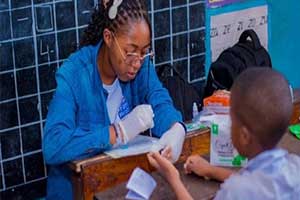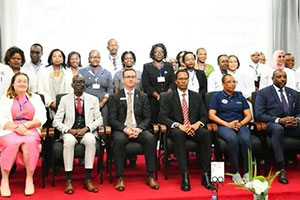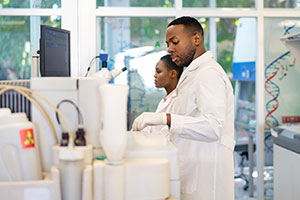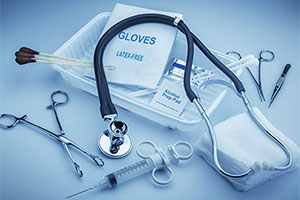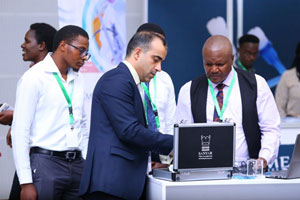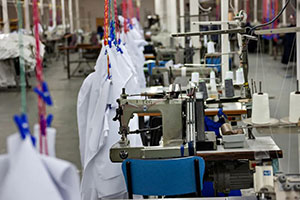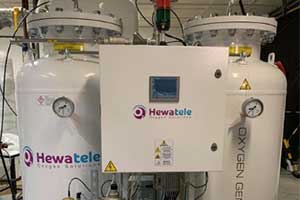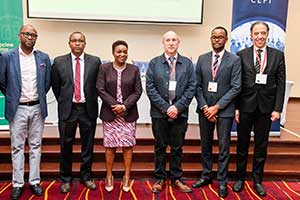Over the weekend, Rotary Tanzania organized a free medical camp that helped at least 2,500 Dar es Salaam locals.
The Oyster Bay, Sunset, and Ukonga Rotary Clubs worked together to organize the event.
The event, according to Rotary Tanzania, was a part of ongoing efforts to help the government conduct medical camps in order to bring healthcare services closer to the people.
More than 2500 residents benefited from free medical care and education thanks to the Rotary Family Health Days (RFHD) event 2024, which was hosted over the weekend in Dar es Salaam at Mzambarauni Primary School.
The health services offered include testing for malaria and information on prevention, eye exams, dental examinations, and support for menstrual hygiene, medication availability, and specialist referrals when necessary.
A group of over 500 volunteers and about 100 doctors, including 50 general practitioners and 50 specialties that included paediatricians, optometrists, and dentists, took part in the service delivery.
The Bill and Melinda Gates Foundation (BMGF), Rotary Action Group, and Rotary Action Group for Family Health and AIDS Prevention, as well as Rotary International’s mobilizing partners, serve as the initiative’s pillars.
Speaking at the ceremony, Sophia Chamzingo, the Country Chair of Rotary Tanzania, stated that the active collaboration of the Kairuki, Muhimbili, Alpha, and E-Swahili Rotaract Clubs made a spectacular initiative possible.
According to Ms. Sophia, since 2012, Rotary Tanzania has actively organized medical camps in collaboration with the Rotaract Club of Kairuki with the goal of offering basic healthcare to the Dar es Salaam population. These camps are largely organized by the Rotary Club of Oyster Bay.
“Today’s medical campaign will surpass all previous medical camps organized by the club in size, marking a significant milestone.” We would especially want to thank our partnering Rotary,” she stated.
She also expressed her gratitude to President Dr. Samia Suluhu Hassan’s sixth phase government for being a crucial Rotary partner.
The Ministry of Health, the Bill and Melinda Gates Foundation, the Management and Development of Health Organization (MDH), the Ocean Road Cancer Institute, Light of the World, CCBRT, the Tanzania Dental Association, and the Local Government Regional Medical Team were among the other Rotary partners she named.
Promoting peace, combating illnesses, assisting local economies, water and sanitation projects, rescuing women and children, improving education, and safeguarding the environment are some of the network’s key focal areas.

